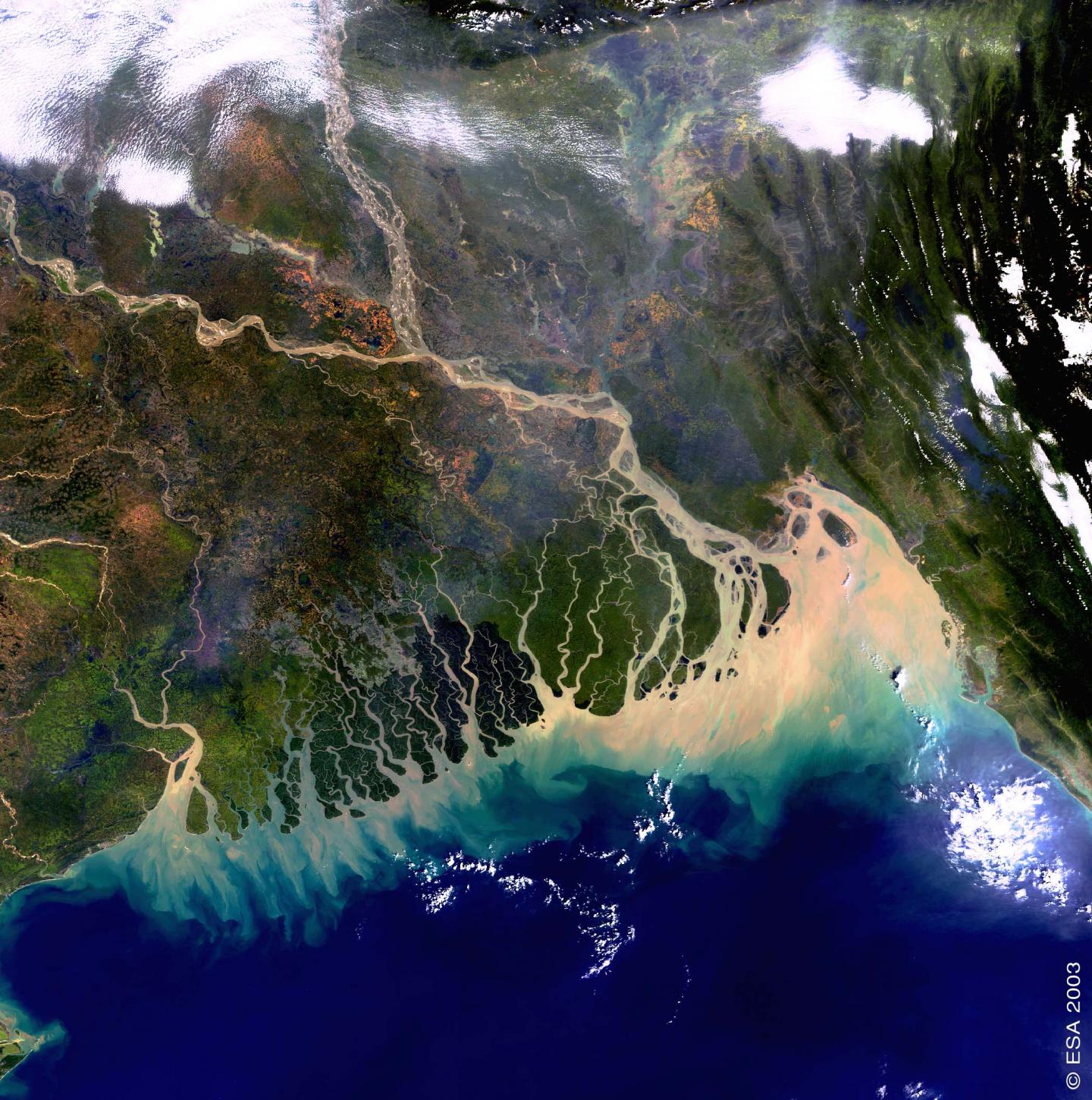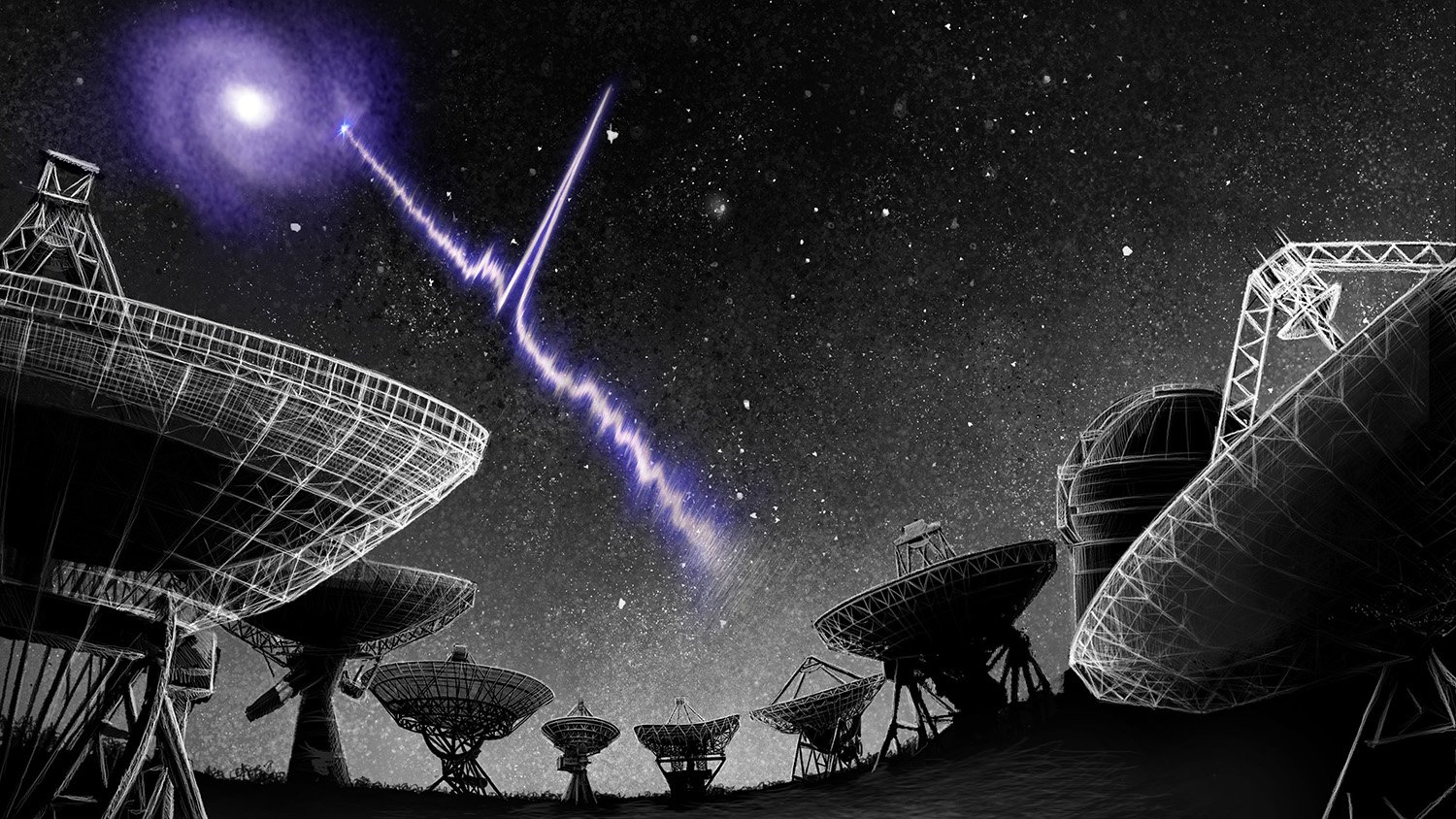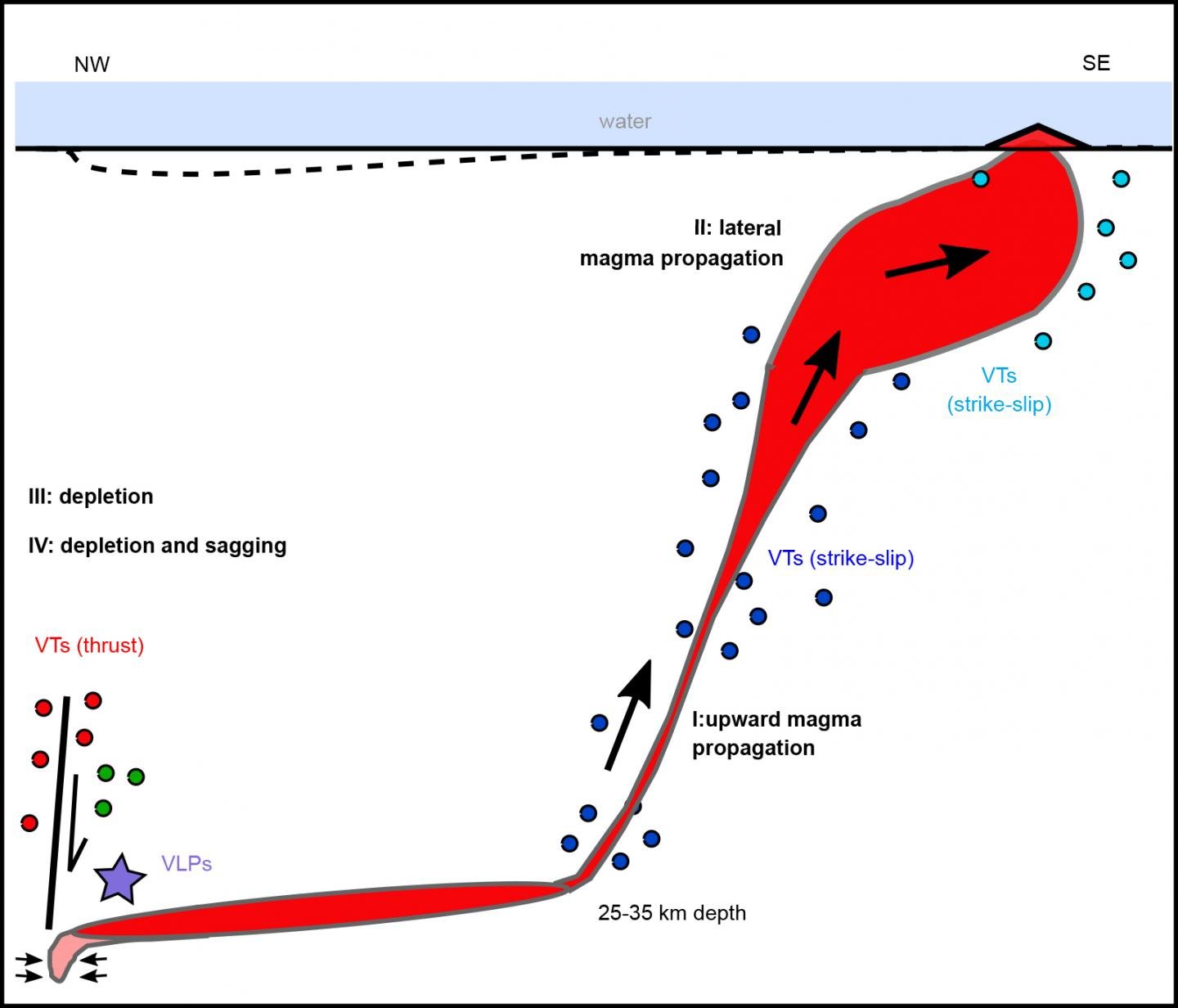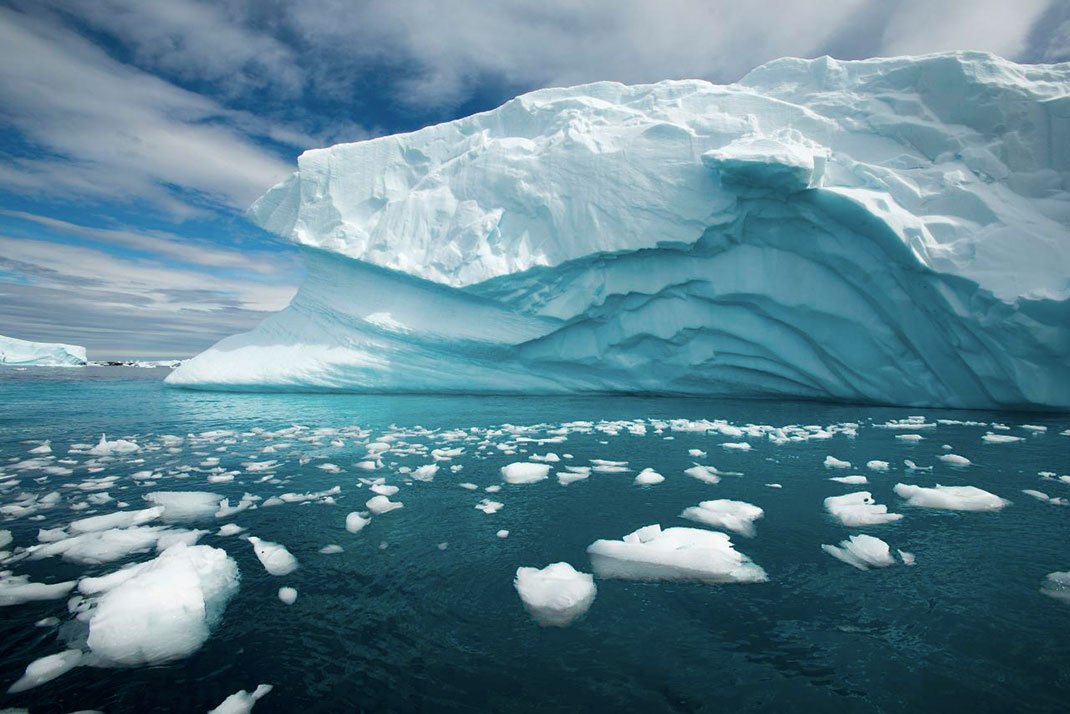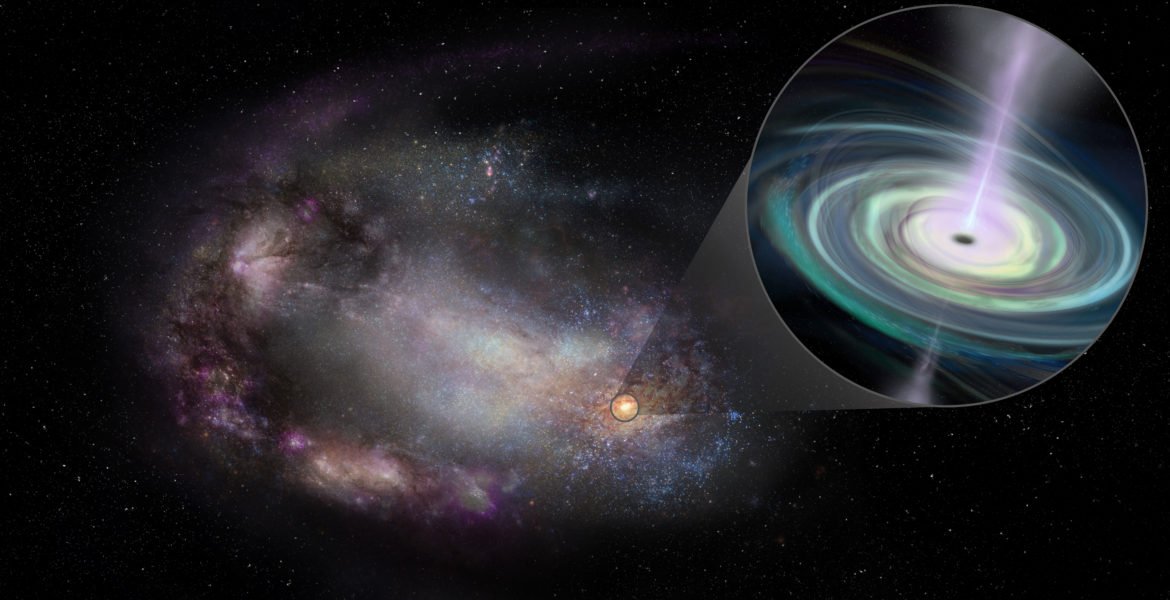A better estimate of water-level rise in the Ganges delta
For the first time, scientists have provided reliable regional estimates of land subsidence and water-level rise in the Ganges-Brahmaputra-Meghna delta. Depending on the region of the delta, water-level rise could reach 85 to 140 cm by 2100. The work, published in PNAS on 6 January 2020 by researchers from the CNRS, IRD, BRGM, La Rochelle … Read more
